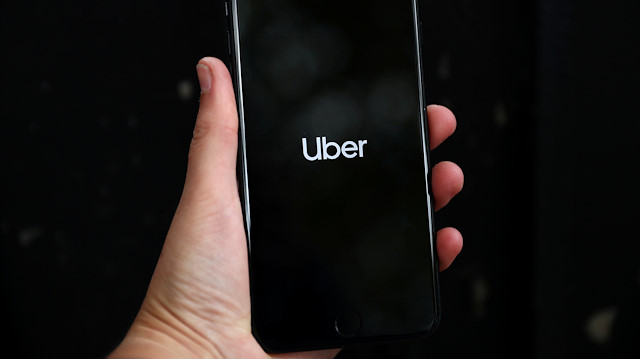

File photo
Becoming a public company will bring a heightened level of investor scrutiny and exposure to Uber, which suffered a string of scandals when the company was led by co-founder and former CEO Travis Kalanick, who resigned last year.
The controversies included allegations of sexual harassment, obtaining the medical records of a woman raped by an Uber driver in India, a massive data breach, and federal investigations into issues including possibly paying bribes to officials and illicit software to evade regulators.
Khosrowshahi and his leadership team have worked to reset the workplace culture and clean up the messes, including settlements with U.S. states over the data breach and with Alphabet's self-driving car unit, Waymo, which had sued Uber for trade-secrets theft.
Uber today is a different company than the vision its founders pitched to early investors, which helped it become the most highly valued venture-backed company in the United States.
After concessions in China, Russia and Southeast Asia, where Uber sold its business to a local competitor, and the prospect of another merger in the Middle East, Uber is far from being the dominant global ride-hailing service it set out to be.
Still, Uber operates in more than 70 countries, while Lyft is in the U.S. and Canada, although the smaller company is plotting a global expansion.
Uber has also added a number of other businesses, which are growing but have yet to show sustainable profits, in a bid to become a one-stop mobility app. Those include freight hauling, food delivery and electric bike and scooter rentals. Meanwhile, its self-driving car unit is costing the company about $200 million a quarter, according to investors, but Uber's program has retrenched since one of its autonomous cars killed a pedestrian in March.
#Uber Technologies Inc
#IPO
#listing

